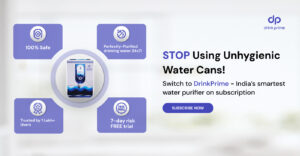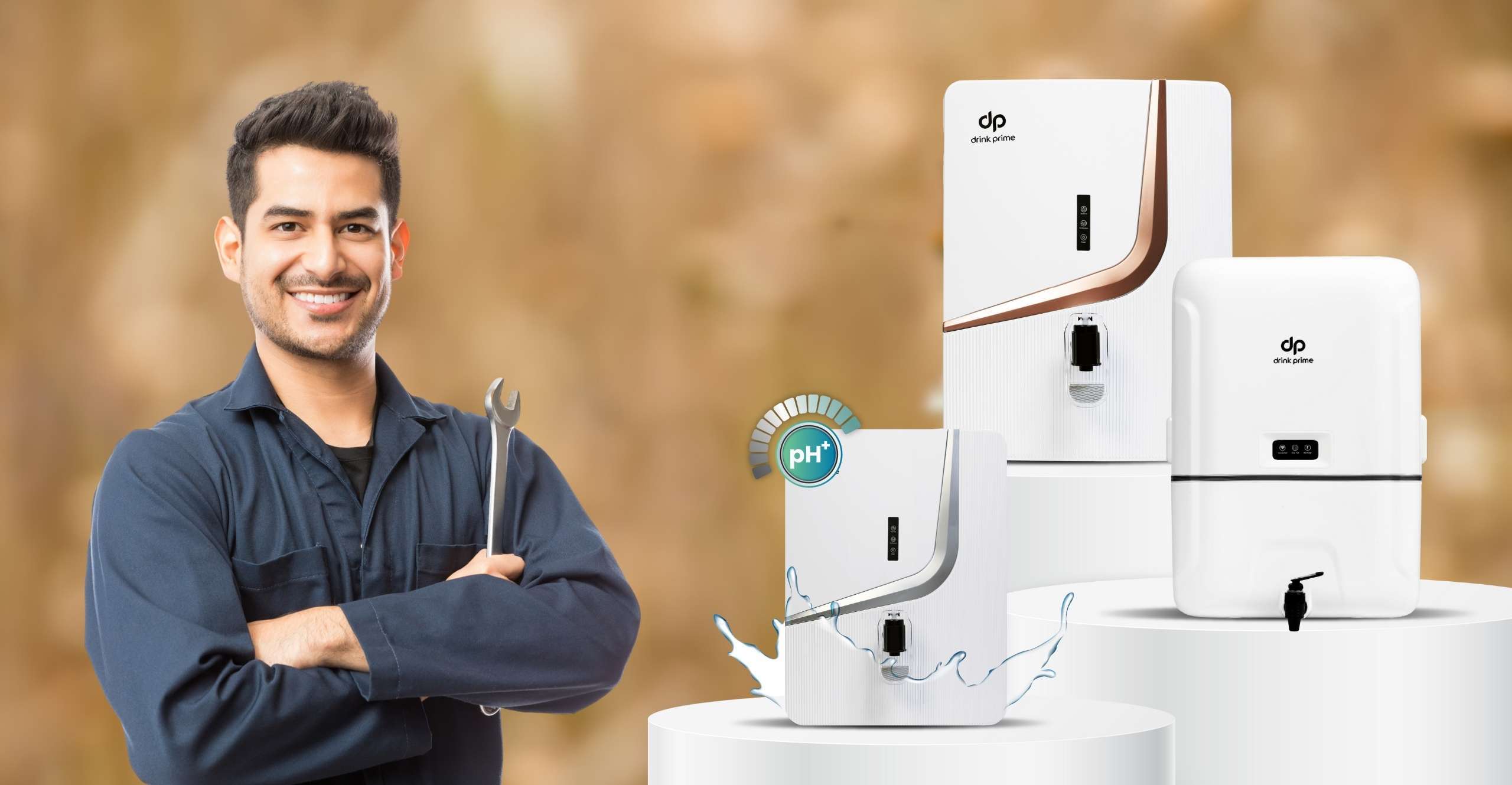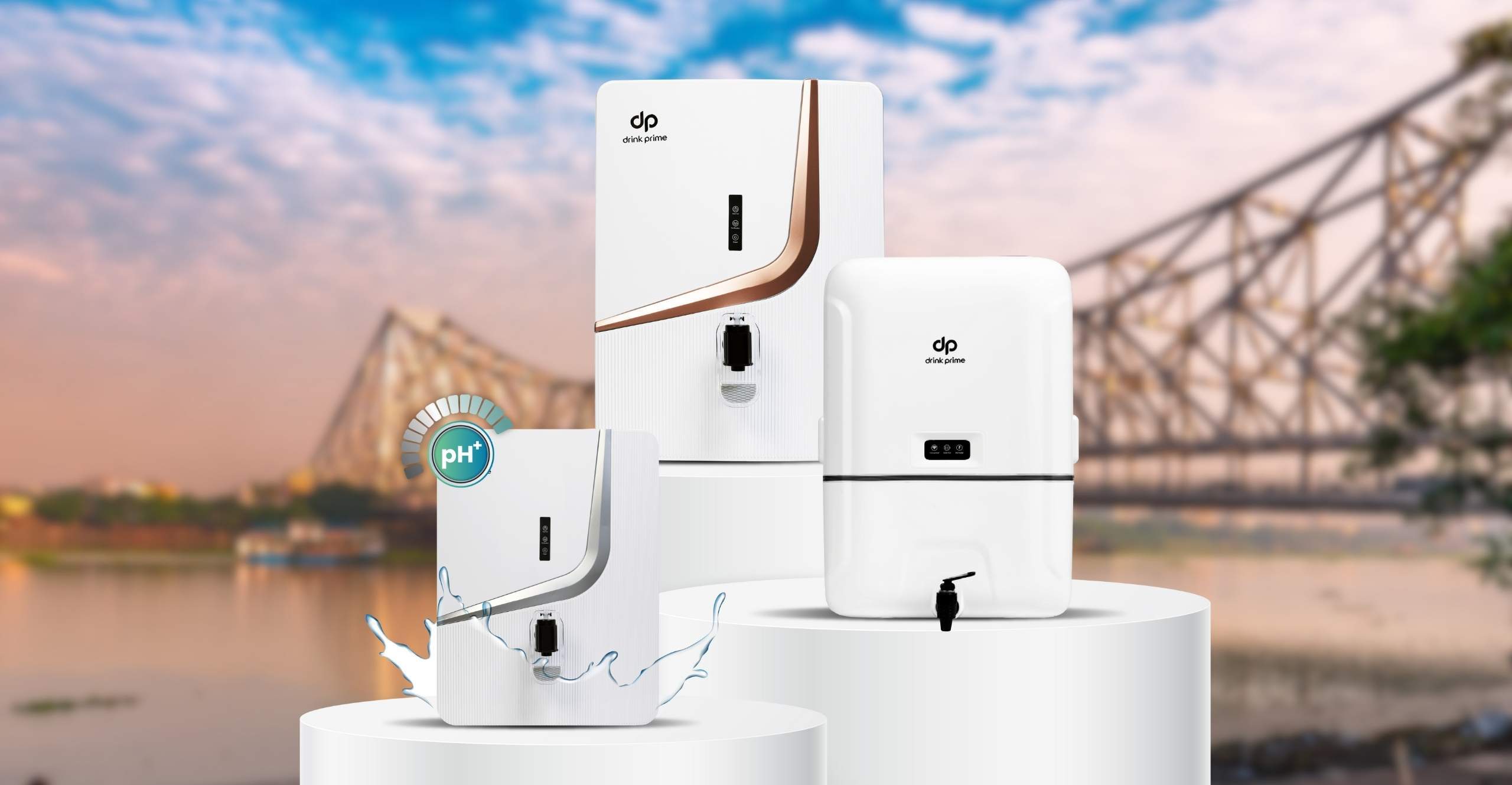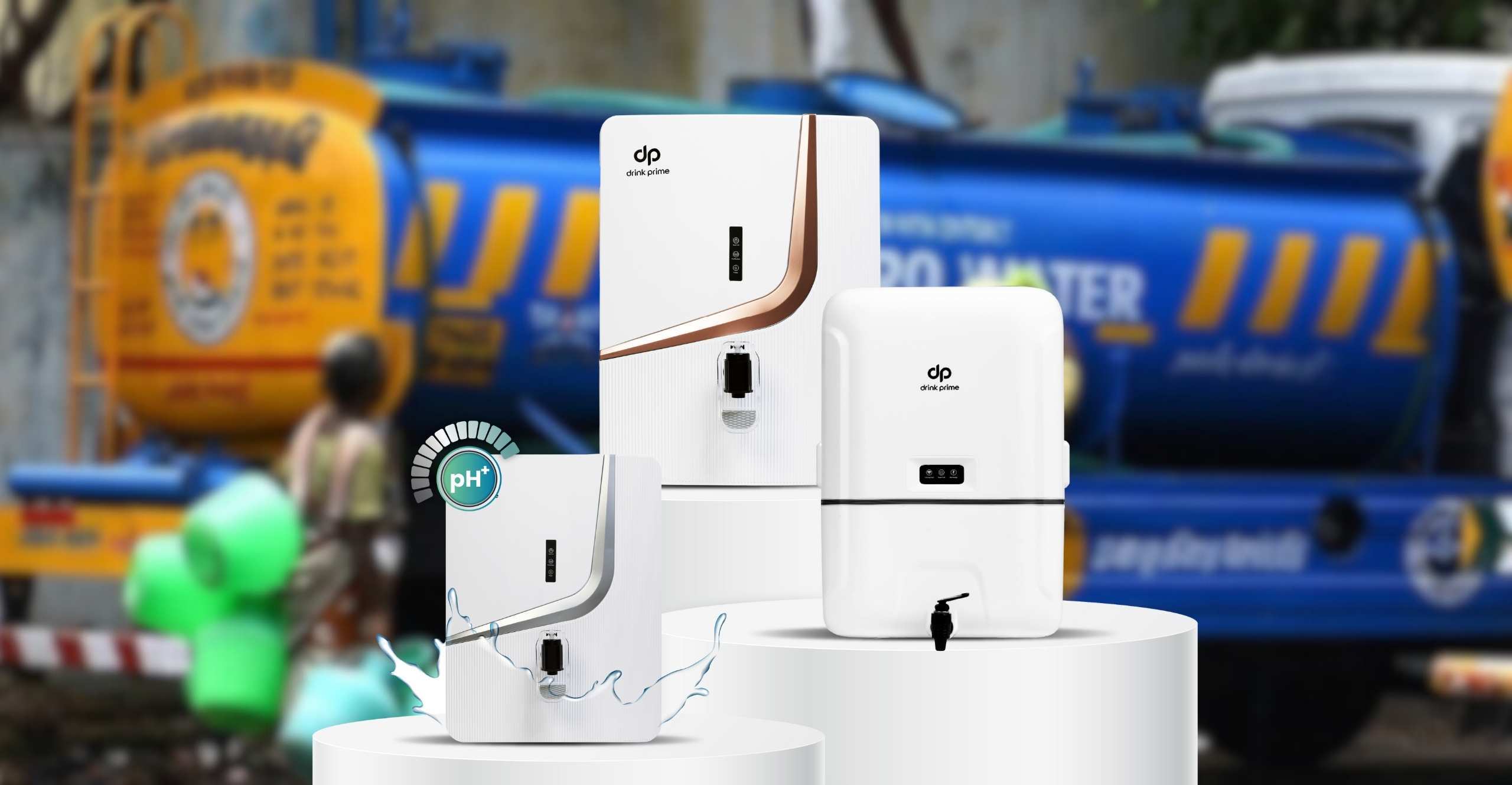Water purification has become one of the unfortunate realities of modern life due to the rampant pollution and contamination of our water bodies. Getting access to pure, safe drinking water is essential to ensure the health of your family. This means that a water purifier is one of the key appliances in your home, irrespective of where you live in India.
Innumerable water purifiers are available in the market to suit your needs and budget. The one thing common among all these purifiers is that they use a variety of filters in each step of their purification process. One such filter is a carbon filter. Here we examine questions like, what is a carbon filter and how does it purify water?
What constitutes a carbon filter?
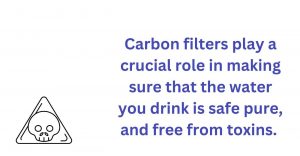
A carbon filter is one of the most popular types of filters used in water purification systems. They can be used in multiple devices for the single purpose of filtering water. They are commonly used in refrigerator filters, shower filters, and RO filters to name a few. These carbon filters are usually manufactured by pulverizing and mixing a source of carbon. Commonly used sources are peat, coal, coconut shell, hard and soft wood, etc. Among these, the most popular choice is coconut shells as they are renewable and easily available.
Any natural substance with a high carbon content can be transformed into activated carbon by overheating it thereby causing molecular degradation.
What is the objective of using carbon to purify water?
Carbon filters have a long history of being used to remove contaminants from water. Here are some unique features that make it an excellent filter.
- The reason behind using a carbon filter in water purification is that it removes all the unwanted contaminants, chemical compounds like chlorine, pesticides, and other volatile organic compounds. Thus, carbon filters play a crucial role in ensuring that the water you use is safe, pure, and free from toxicity.
- Carbon filters also ensure that the water it filters is free from odor and enhances its taste. They use a process called adsorption, where the contaminants present in the water get attracted to the surface of the activated carbon filters and get stuck to it. When water passes through the filter, the activated carbon particles remove the unwanted contaminants along with the odor-causing compounds.
- In some cases, these activated carbon filters also serve to change the composition of the contaminants. They are particularly useful to remove traces of chlorine and pesticide from the contaminated source water.
- Granular activated carbon filters are useful to remove contaminants like pesticides, nitrates, and volatile organic compounds from water due to their magnificent adsorption capabilities, leaving the water purified in a short time.
Domestic carbon filters are used in both the pre-RO and post-RO purification stages of an RO water filter.
Pre-RO carbon filter
- It eliminates as much of the impurities and contaminants from your source water as possible before it enters the RO membrane for further purification.
- It is equipped with a higher surface area, which enables all the contaminants and impurities to stick to the carbon particles on its generously endowed surface, leaving the raw source water devoid of most of the pollutants.
- The RO membrane has to deal with lesser quantities of impurities, thus increasing its overall lifespan. It is especially useful in protecting the RO membrane from chemicals like chlorine which destroys the pores of the membrane within a short period. Thus, you are saved from the hassle of frequent maintenance and repair.
- Pre R0 carbon filters are unable to deal with impurities like total dissolves salts, heavy metals, and pathogens like bacteria. Hence, more purification stages like reverse osmosis and UV are needed to ensure the complete purity of the water that you use for consumption.
Post-Ro water filter
- After the water undergoes the RO and UV stages of purification, a second carbon filter purification layer is added, and this is often the final stage of water purification. This is known as a post-RO carbon filter.
- This is often made of high-quality coconut shells with maximum surface area for adsorption of impurities. This stage of filtration upgrades the water quality, removing any bad odors if present and enhancing the taste of water. This is what helps you enjoy that sweet-tasting, pure water at the press of a button.
Why are carbon filters used in water purification?
Activated carbon is a compound that has multiple uses and is used in a plethora of industries, from gold mining and food manufacturing to water purification. In current times, the most popular use of carbon is as activated carbon filters for water purification. Here are the reasons why:
- Organic materials with a high carbon content, when transformed into activated carbon have the capacity to remove unwanted contaminants from water, thereby purifying it.
- Activated carbon filters effectively remove chlorine, pesticides, nitrates, and odor-causing compounds from raw water and wastewater.
- The advantage of using activated carbon filters is that only the unwanted elements are removed from the water and the essential minerals are left intact. It greatly improves the quality of the source water, removing odor and enhancing its taste.
- Activated carbon filters are inexpensive and relatively easy to keep clean.
- They can be combined with other filtration systems to improve the quality of water. For e.g., when used along with an RO filtration system, activated carbon filters ensure that you get access to pure, uncontaminated water. Powdered activated carbon and granular activated carbons are two types that are available for water purification. But the doses recommended and the ways to use them differ with each.
Get 7 Days Risk Free Trial
Conclusion
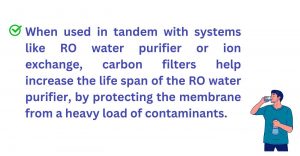
Activated carbon filters are one of the most effective and popular water filtration methods that you can use to purify water. They are effective in eliminating a host of contaminants and increasing the taste of water. When used in tandem with systems like RO purifier or ion exchange, it helps increase the life span of the RO purifier, by protecting the membrane from a heavy load of contaminants. With its innumerable repertoire of uses and functions, it is no wonder that activated carbon enjoys its privilege as one of the most popular water treatment methods in the world.

